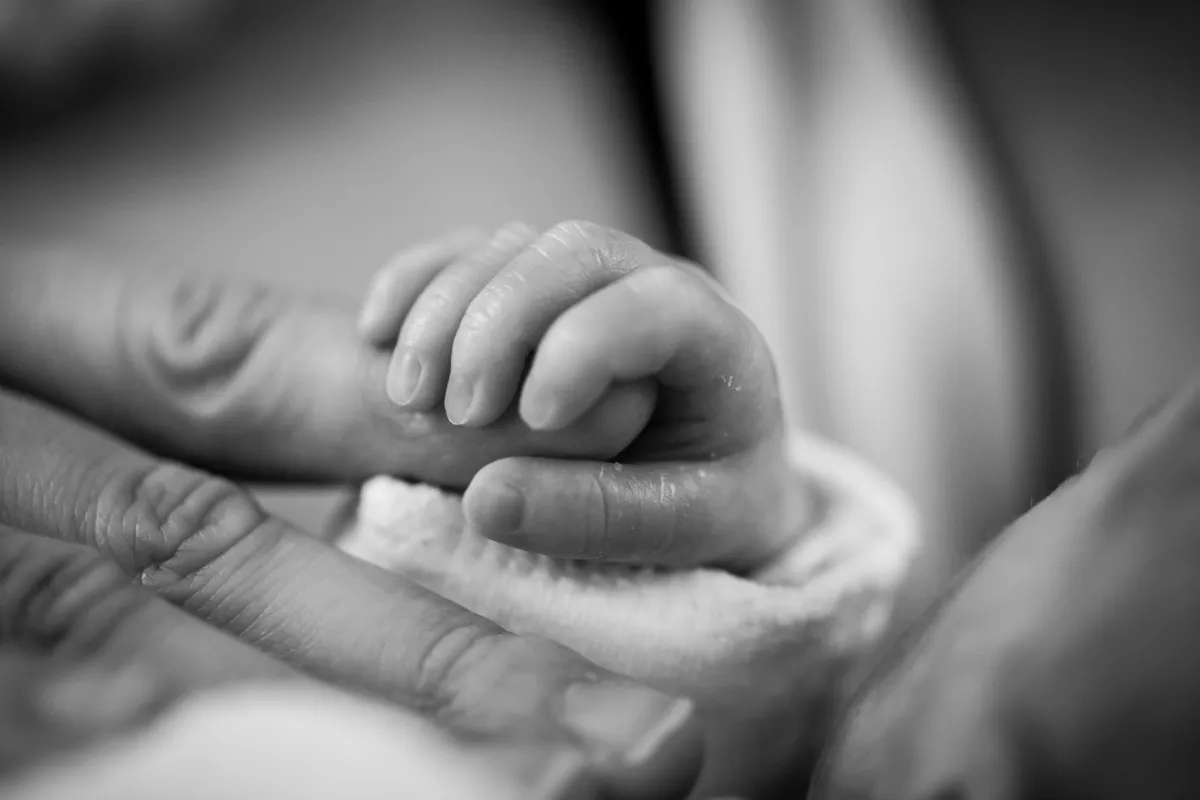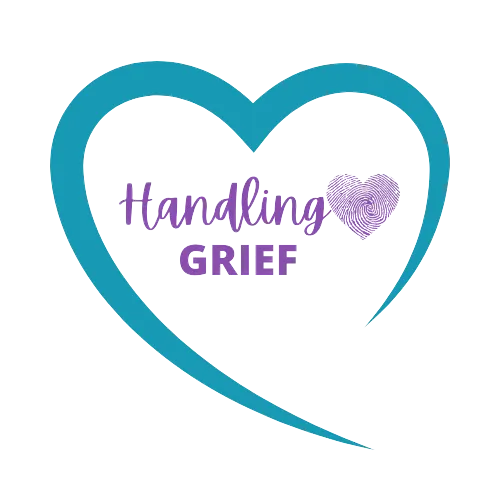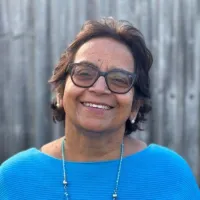Blog
Practical insights, honest reflections, and compassionate guidance for navigating grief and life's challenges. Here you'll find articles that help you understand what you're going through and give you tools to move forward with hope.

Handling Grief After Baby Loss: A Personal Reflection and Gentle Guide
Losing a baby is one of the most heartbreaking experiences anyone can go through. It can leave you feeling shattered, isolated, and unsure of how to cope with the emotional pain. If you’re reading this and going through something similar, please know—you’re not alone.
As someone who has experienced three miscarriages, I understand the overwhelming sadness, the unspoken expectations, and the many unanswered questions. Baby loss is not only deeply personal, it’s often misunderstood. In this post, I want to share my story, the lessons I’ve learnt, and offer gentle guidance to help others find their way through grief.
My Story: Three Losses, Three Lessons
First miscarriage – 12 weeks
My first miscarriage happened at 12 weeks. I had a heavy bleed, and sadly, the baby hadn’t developed beyond the sac. No one had ever spoken to me about miscarriage, or how common it really is. After I opened up, many women shared that they too had experienced similar losses—but until then, I’d felt so alone.
I didn’t have the knowledge or tools to process my grief. My next pregnancy was filled with anxiety—every spot of blood made my heart race with fear.
Second miscarriage – 20 weeks
By 20 weeks, I thought I was safe. I didn’t realise my cervix was weak. I was busy decorating, lifting heavy things, and squatting—completely unaware of the risks. My husband was thrilled we were expecting a baby girl. He adored our sons but was hoping for a daughter. I allowed myself to dream—imagining girly days and finally not being outnumbered in a house of boys.
Then came the devastating news: our baby was too young to be saved. This time, grief was mixed with deep regret. If only I’d known. If only I’d been more careful.
Third miscarriage – 24 weeks
This loss was perhaps the hardest. Doctors had diagnosed a weak cervix and suggested a stitch. I hesitated after learning it carried a risk. At the time, I said no—unless it was absolutely necessary.
Everything seemed fine until 24 weeks, when a routine check-up revealed ballooning. I was rushed to hospital for bed rest. If I could make it another two weeks, they might be able to save her. Sadly, I didn’t. We lost our daughter—our last chance to have a baby girl. Our hopes, dreams, and plans crumbled.
The Pain of Misunderstood Grief
Grief is hard enough—but when people around you don’t know what to say, it can feel even lonelier.
Some well-meaning but hurtful comments included:
“At least you have two healthy sons.”
(True, but not what I needed to hear.)A nurse rushed me to hand over Sophia before the end of her shift.
(For her, just another day. For me, a moment of deep heartbreak.)
But amidst the pain, kindness stood out:
A friend sewed a beautiful dress and bonnet for Sophia.
Another helped me plan a simple but meaningful farewell.
I poured my love and sorrow into decorating Sophia’s tiny coffin with lace.
These acts reminded me that love and compassion help carry us through.
Gentle Strategies for Coping with Baby Loss
If you’re grieving, here are some suggestions that may help:
Allow Yourself to Grieve
Grief is a natural response to loss. There’s no set timeline or “right way” to feel. Let yourself cry, rest, and honour your emotions. You don’t need to be strong for others all the time.
Seek Support
You don’t have to go through this alone. Talk to people you trust. Ask for what you need—whether it’s someone to listen, sit with you, or simply be there. Consider joining a support group or speaking to a grief specialist who understands baby loss.
Prioritise Self-Care
It’s easy to forget your needs when your heart is broken. But small acts of self-care—eating nourishing meals, taking gentle walks, resting, or doing something soothing—can help your body and mind recover.
Honour Your Baby
Create a way to remember your baby in a way that feels meaningful to you. Ideas include:
Planting a tree or flowers in their memory
Creating a keepsake box or memory corner
Holding a small memorial
Making a donation in their name
These acts don’t take away the pain, but they can offer comfort and a sense of connection.
Understand That Time Alone Doesn’t Heal
Time can help, but healing takes more than just waiting. Make sure you have the right tools, knowledge, and support to move forward. Don’t let yourself get stuck in silent suffering.
You Are Not Alone
Losing a baby leaves a hole in your heart that no one else can see—but you don’t have to carry the weight alone. It’s a journey that takes courage, compassion, and support.
There is a way through. I’m living proof. And today, I’m honoured to say I’m a proud grandmother to a beautiful baby girl. Life can still hold joy, even after deep sorrow.
Helpful Resources for Baby Loss Support
These trusted websites offer specialist support, information, and community:
AtALoss.org – Baby Loss Resources
Sands – Stillbirth & Neonatal Death Charity
A Gentle Next Step
If you’re not sure how you’re doing right now, I invite you to read my article Is Unresolved Grief Holding You Back and take my free self-assessment quiz.
It’s a simple way to reflect on where you are—and what support might help you move forward.
Or, if you’d like to talk privately, I offer a limited number of free discovery calls. Let’s gently explore how you’re feeling, and what steps could help.
You’re Welcome in Our Community
I’ve created a warm and understanding space on Facebook for anyone navigating grief. You’re welcome to join:
🌿 Handling Grief – Free Facebook Group
And if you’d like to hear more, I spoke to Matt Thompson from Funeral Templates about baby loss—sharing more about my story and how to support others through grief.
You are not broken. You are grieving. And you don’t have to do it alone.
Want to collaborate?
Let's talk. I'd love to hear how we can support each other.
Connect with me
Find me on social media or drop me a message. I'd be happy to connect and answer any questions you might have.
© Copyright 2026. Ghulam Fernandes. All rights reserved.

